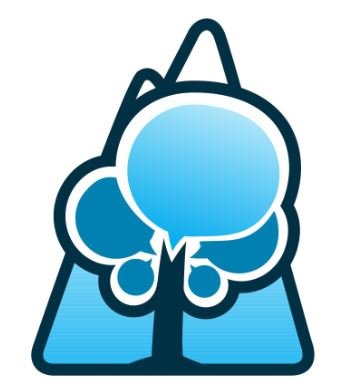MRSPAG is a key non-profit in the Macedon Ranges, uniting lived experience and professional insight to combat suicide. We advocate, educate, and implement evidence-backed strategies for mental well-being, driven by strong community collaboration and volunteer commitment. Our proactive approach creates a supportive, informed network, targeting mental health challenges and fostering resilience across the community. Join us in this vital work to uplift and empower every individual we reach.
Volunteer Opportunities:
Events Coordinator - Annual Walk
for more details please visit:
https://www.volunteer.com.au/volunteering/209581/Events-Coordinator-Annual-Suicide-Prevention-Walk-
General Committee Member
for more details please visit:
It all began when……
In 2012 Macedon Ranges Shire Council analysed data from the Australian Bureau of Statistics relating to the cause of death of Macedon Ranges Shire residents between 1989 and 2010. This data indicated that the suicide rate for Macedon Ranges was trending upward, opposite to the downward state and national trends observed during that period.
In response, the Macedon Ranges Shire Council facilitated two workshops to discuss this suicide data. An inter-agency workshop was held in November 2013, aimed at those working with and supporting residents of Macedon Ranges followed by a community workshop in April 2014.
One of the recommendations from the workshops was to form a working group made up of community members with lived experience, representatives from organisations that provide mental health services in the Macedon Ranges Shire and other key stakeholders.
Since these workshops Macedon Ranges Shire Council has actively supported the establishment of the Macedon Ranges Suicide Prevention Action Group - MRSPAG.
The current work…….
MRSPAG has a number of working groups that are progressing the MRSPAG initiatives:
MRSPAG Working Groups
The Human Code Project: Research
The Human Code - Beyond Gender Expectations
Local partners and MRSPAG have identified a need to better understand the dominant ideals of masculinity in Macedon Ranges.
The Human Code was a research project to better understand community attitudes in the Macedon Ranges to outdated masculine stereotypes and their effect on men’s mental health and related behaviours.
There is a growing body of evidence showing the link between pressures to conform to outdated masculine stereotypes and being at a higher risk of suicide and other harmful behaviours (such as drink driving and substance misuse. There is also a link with these stereotypes and perpetrators of family violence).
As a result, men who conform to traditional expressions of manhood are more likely to suffer harm to themselves, and do harm to others.
“My hope is that this project moves the community understanding of masculinity to be more like humanity, whereby we all keep an eye out for those needing assistance, we don’t walk past what we don’t accept and t is okay for any of us to ask for help.”
Ken Reither, Gisborne Men’s Shed Representative on the Project Working Group
Based on research findings, this project identified key activities that local partners and the community can focus their efforts on to prevent and reduce harmful behaviours over time.
Research findings
You can access a summary of findings from the research and the full report below.
The Human Code Community Resource, Oct 2021
The Human Code Full Report, Oct 2021
Media Release, June 2021
The Human Code Project: Action
Sunbury and Cobaw Community Health procured funding from VicHealth to implement some of the recommendations from The Human Code research (phase 2). The two initiatives were:
Supporting parents and carers of adolescent boys to challenge harmful, outdated masculine stereotypes
The Tomorrow Man's six week program started with 147 parents/carers registered and approx 100 parents/carers attended the first session.
Supporting mentors to challenge outdated, harmful masculine stereotypes and promote healthy, positive masculinity.
Mentoring Boys Community Training Program targeted male mentors who currently coach, teach, lead, work or interact regularly with a group of teenage boys. Delivered over a 6 week period, the program featured some key tools, mindsets and strategies to help you more readily engage teenage boys.



